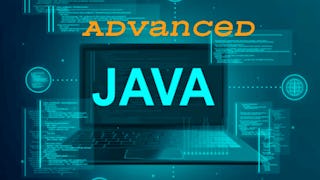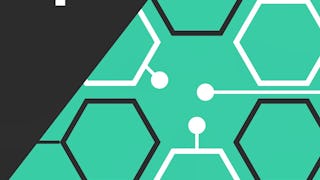Updated in May 2025.
This course now features Coursera Coach! A smarter way to learn with interactive, real-time conversations that help you test your knowledge, challenge assumptions, and deepen your understanding as you progress through the course. In this course, you'll master Selenium, a powerful tool for automating web applications. Beginning with setting up your first web application, you'll dive into Selenium locators, learning to efficiently locate web elements using strategies like ID, name, and tag name. You'll explore TestNG for project setup, debugging, and test slowing for better visualization. The course covers handling form elements such as text fields, checkboxes, radio buttons, and select boxes, creating robust automation scripts that mimic real-world user interactions. Advanced topics include window navigation, alert handling, and WebDriver's manage window methods for effective automation. You'll gain hands-on experience with implicit and explicit waits, crucial for dynamic web applications. The course also covers cross-browser testing and data-driven testing, guiding you through setting up projects for different browsers, running headless tests, and implementing data-driven approaches using CSV and Excel files. By the end, you'll understand the Page Object Model, Selenium Grid, and standalone server, equipping you to scale your automation tests effectively. Designed for QA professionals and software testers with basic web technology knowledge, the course enhances skills in automated testing using Selenium, with a fundamental knowledge of Java recommended.




 enthalten
enthalten












